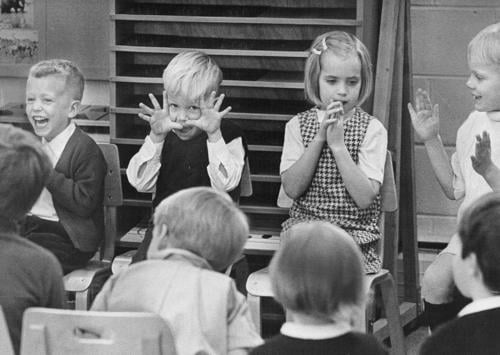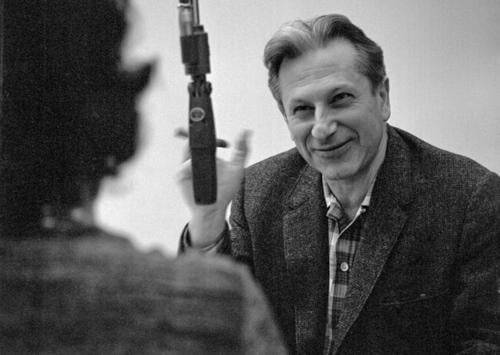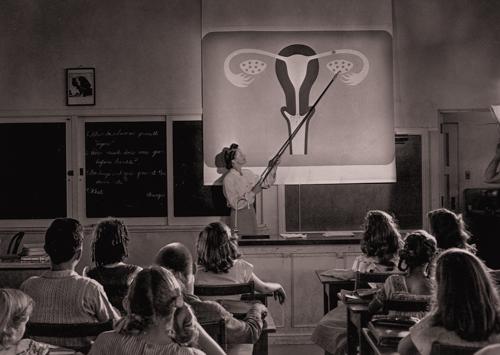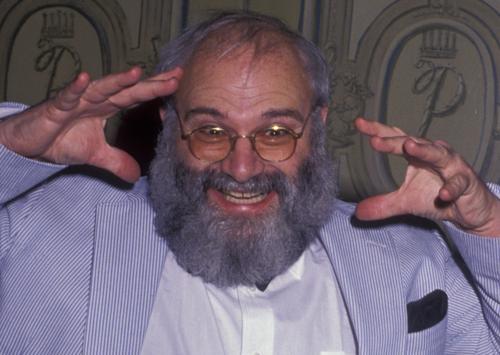Listen to New Voices on Studs Terkel our partnership with 826CHI-here! Read the Story
Showing 1 - 15 of 71 results
-
The Walawa Basies talk with Studs Terkel ; part 2
Jan. 14, 1969 Studs Terkel interviews the members of the Walawa Basies: Kelvin Strong, Orlando Lucas, and Levon Campbell.
-
The Walawa Basies talk with Studs Terkel ; part 1
Jan. 14, 1969 Studs Terkel interviews the members of the Walawa Basies: Kelvin Strong, Orlando Lucas, Levon Campbell, and Justine Cordwell. This is an Interview done in two parts
-
Studs, teachers and students have a conversation at a high school where there is controversy over the use of the book "Working"
1982 Discussing the controversy over the use of the book "Working" by author Studs Terkel in a senior vocational class. Interviews with Kay Nichols, teacher, and two high school classes, as well as Bob Burns and Jim Richardson. The students talk of how the "bad" language in the book is heard from their peers on a daily basis and they don't find it offensive. [recorded in Girard, Pennsylvania]
-
Studs Terkel moderates and comments on a round-table debate about the Montessori educational theory
Nov. 3, 1964 A round-table debate about the Montessori educational theory. Four early childhood development professionals speak of the pros and the cons of the program. Speakers include: Fay Bauling advisor at Wilson Jr. College, Dr. Urban Fleege of DePaul University, Dr. Ner Littner from the Institute of Psychoanalysis, and Hannah MacLaren, head teacher from Ancona School.
-
Studs Terkel gets reactions on the upcoming destruction of McLaren school and a newly created mural by the school children
Jul. 20, 1978 Studs Terkel returns to his alma mater, McLaren school, prior to its destruction to gain reactions on the loss of a newly created mural by the school children. Terkel provides the reactions of the student artists who can't understand why they were told to complete the oceanography mural when it was to be destroyed with the building. He also talks with parents, teachers and administrators about this loss. Parents pledge $500 to create negatives of mural to save as photographs.
-
Studs Terkel discusses his life with Dorothy Hajek and Sylvia McDonnel of Rosary College
Mar. 21, 1963 Dorothy Hajek and Sylvia McDonnel discuss Studs Terkel's life. Includes Studs talking about his life, early career, and opinions on American society. Cuts off at 31:38 to 31:50.
-
Students, teachers, and a parent from St. Mary's Center for Learning talk to Studs Terkel
Dec. 11, 1968 Interviewing at the Saint Mary's Center for Learning, an alternative school on the West Side of Chicago, with students Theresa Gonzales, Joan Perry, Cheryl Petrats and teachers Janice Eritch, Rozelle Nesbit, Sister Elaine Shuster and a parent, Mrs. Lori Waslewski.
-
Shirley Bryant, Nancy Fisher, and Nicole Mills discuss sex education
Mar. 7, 1974 Shirley Bryant, Nancy Fisher, and Nicole Mills discuss how a new sex education based in the importance of feelings and the use of contraception.
-
Philip Hilts discusses his book "Behavior Mod"
Oct. 3, 1974 Philip Hilts, an author and journalist, discusses behavior modification and it advantages and dangers. He delves into B. F. Skinner and Ivan Pavlov's work and explains how behavior modification is used today. Hilts discusses cases used in prisons, schools, and workplaces. Hilts also talks about typical medications given to children who are said to experience hyperactivity.
-
Patrick Zimmerman discusses his teaching methods for childhood education in low-income neighborhoods ; part 2
Sep. 1, 1970 Former public school teacher Patrick Zimmerman continues discussing his alternative teaching methods for childhood education in low-income and underrepresented communities in Chicago. Zimmerman discusses how the scientific emphasis of schooling today is stifling a child’s success in the classroom and calls instead for a balance between a scientific approach and a free-school approach.
-
Patrick Zimmerman discusses his teaching methods for childhood education in low-income neighborhoods ; part 1
Sep. 1, 1970 Former public school teacher Patrick Zimmerman discusses education and the free school movement for low-income and underrepresented communities in Chicago. Zimmerman discusses his time spent as a public school teacher and how this inspired his transition to teaching using alternative schooling methods in childhood education.
-
Oliver W. Sacks talks with Studs Terkel
Mar. 15, 1995 Discussing the book "An Anthropologist on Mars: Seven Paradoxical Tales" (published by Knopf) with the author, neurologist Dr. Oliver Sacks.
-
Oliver W. Sacks discusses the book "Seeing Voices: A Journey Into the World of the Deaf"
Feb. 5, 1990 Discussing the book "Seeing Voices: A Journey Into the World of the Deaf" (published by University of California Press) with the author, neurologist Dr. Oliver Sacks. Includes passage from the book.
-
Neil Postman discusses his book "Teaching as a Conserving Activity"
Nov. 6, 1979 In schools, reading, writing and speech are all on the decline because there are too many visual images from the TV, according to Neil Postman’s book, “Teaching as a Conserving Activity”. Postman criticized “Sesame Street” for its instantaneity. There are no short cuts in teaching, said Postman. He believed the worst thing a teacher could do was to make teaching entertaining for their students.
-
Nadia Barova discusses childhood education
Feb. 12, 1988 Kohl Education Award winner Nadia Barova discusses childhood education and the similarities and differences between education in America and the Soviet Union.






